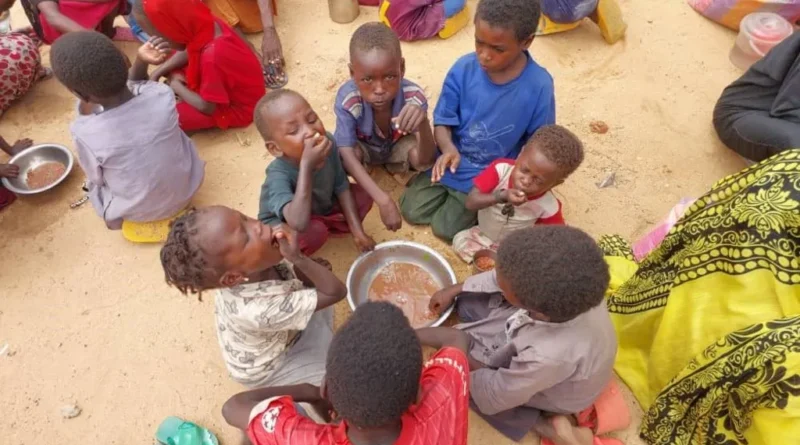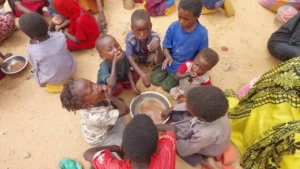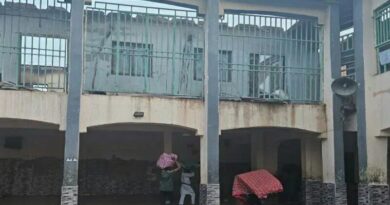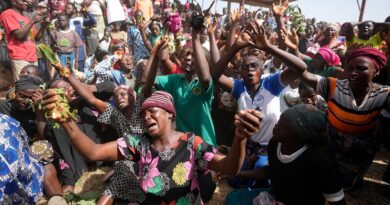Our Children Are Dying; Suffering in Sudan City
Our Children Are Dying; Suffering in Sudan City
In el-Fasher, western Sudan, the air is heavy with fear. At a small community kitchen, women sit close, their voices low but urgent.
“Our children are dying before our eyes,” one woman says. “They are innocent. This is not their war.”
Food is almost gone. What used to feed a family for a week now lasts one day. Aid groups say both sides in the war are using hunger as a weapon. The crisis is worse because cholera is spreading fast in crowded camps.
Doctors Without Borders says Sudan faces its worst cholera outbreak in years nearly 100,000 cases and over 2,400 deaths in the last year. El-Fasher is at the centre.
A City Under Attack
For more than two years, Sudan’s army and the Rapid Support Forces (RSF) have fought for control. El-Fasher is the army’s last base in Darfur. After losing Khartoum this year, the RSF tightened its 14-month blockade and launched fierce attacks.
In other parts of Sudan, some aid is getting through. But here in Darfur, hunger and sickness rule daily life.
At the Matbakh-al-Khair kitchen, volunteers serve ambaz a peanut waste normally fed to animals as porridge. The day the BBC came, there was no flour, no bread. “We now eat ambaz,” the kitchen manager says.
Fighting to Survive
The UN has called for a pause in fighting so aid trucks can enter. The army agreed, but the RSF has not. RSF leaders say they are opening safe routes for people to leave, but locals say escape is risky and costly.
Prices have jumped. The Norwegian Refugee Council says $5,000 now feeds 1,500 people for one day the same money fed them for a week three months ago.
Doctors say children are dying of hunger. Hospitals damaged by shelling have little medicine and are running out of special food for the malnourished. “They are just waiting for death,” says Dr. Ibrahim Abdullah Khater, a children’s doctor at Al Saudi Hospital.
ALSO READ: Faith or Fiction? The Man Who Hasn’t Eaten in Nine Years
No Escape
Aid groups say there is no safe way out of el-Fasher. Roads are blocked. Those who try to flee face attacks, robbery, and abuse. Many who escape to Tawila, 60km away, arrive weak and thirsty.
Tawila is safer but harsh. Camps there lack clean water, medicine, and food. MSF says people get only three litres of water a day, forcing many to drink dirty water.
Zubaida Ismail Ishaq, seven months pregnant, fled after fighters took her husband. Her daughter was hurt. Soon after reaching the camp, she got cholera. “Since coming here, I have nothing left,” she says.
A Cry for Help
Back in el-Fasher, the women at the soup kitchen beg for aid. “We are tired. We want this siege to end,” says Faiza Abkar Mohammed. “Even if they drop food from the air anything we are worn out.”
For now, their voices rise from a city cut off from the world a place where life is counted one meal, one drink of water, and one more day alive.
Content Credit: Moyosola Oni
Image Credit: Google Search. Com





